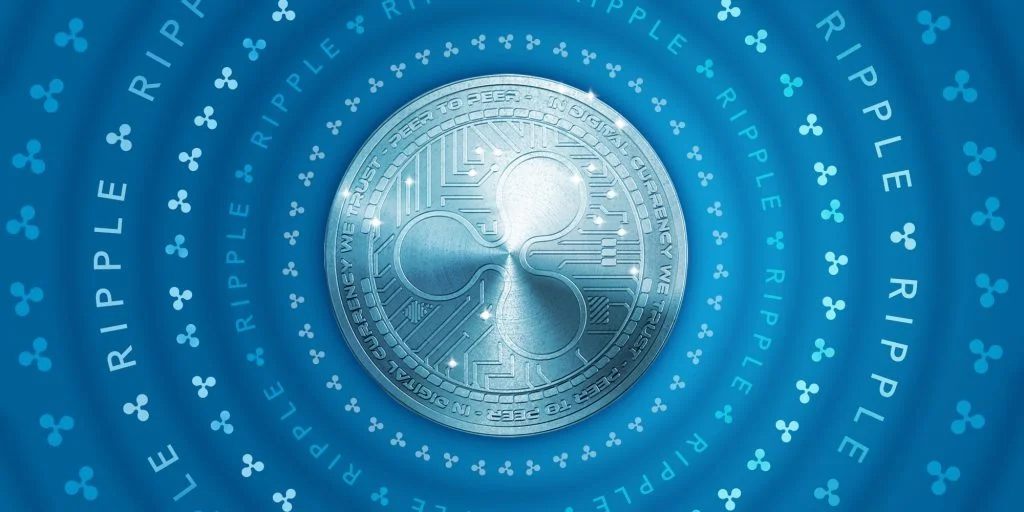On Thursday, a Federal Judge ruled in favour of Ripple in an ongoing lawsuit , stating that the SEC disclose emails concerning a speech in which a former official William Hinman concluded Ethereum is not a security.

A federal judge ruled on Thursday that the Securities and Exchange Commission cannot argue that emails relating to a historic 2018 speech about Ethereum are protected materials, giving Ripple a procedural victory in its dispute with the SEC.
William Hinman, a former top SEC employee, gave the lecture in question, claiming that Ethereum was not a security since it was sufficiently decentralized.
The SEC claims that Ripple and its top executives knew the blockchain’s digital currency, XRP, was a security that required to be registered with the agency but marketed it to the general public instead, based on that speech.
Ripple has sought documentation about how Hinman decided Ethereum was not a security as part of its legal strategy—material that could help the company refute the SEC’s accusations about the nature of XRP.
On Thursday, the SEC released a larger set of documents, including notes by Valerie Szczepanik, the SEC’s crypto expert, about various SEC debates, as well as emails in which Hinman and others reviewed a draft of the Ethereum speech.
The SEC contended that the records were protected by “privilege,” a legal term that means a party is not required to divulge them with its adversary in a lawsuit. Attorney-client privilege, as well as other forms of privilege designed to protect government agencies in specific instances, were used by the SEC.
When it came to some records, U.S. Magistrate Judge Sarah Netburn agreed with the SEC, but she disagreed with the agency on more than a dozen others. The privilege did not apply in the case of the emails about Hinman’s speech, according to Netburn, because the address was about his own beliefs, not the agency’s.
The most important component of the decision:
“Although Hinman and the SEC acknowledge that his speech was discussed by agency staff, it appears that it was “merely peripheral to actual policy formation,” as Tigue, 312 F.3d at 80, and not an “essential link” in the SEC’s deliberative process with respect to Ether, Grand Cent. P’ship, 166 F.3d at 482. As a result, communications about the speech or draft versions are not protected agency documents because they are neither pre-decisional nor deliberative.”
Ripple will be able to utilize Netburn’s ruling as new ammo in its legal battles as well as in the court of public opinion, where many people, particularly in the crypto field, believe the SEC has been too harsh on the business.
Nonetheless, the decision is purely procedural and has no influence on the main question in the dispute, which is whether or not XRP is a security.
